by Rebekah Lattin-Rawstrone
City Writes, our termly writing competition open to all current and former short course alumni, hit new heights this summer term as one of its previous competition winners, C. G. Menon, came back as a professional reader to celebrate the launch of her debut short story collection, Subjunctive Moods, (Dahlia Publishing). Hot off the heels of her launch party, Catherine was an inspiration to us all.
Before we were treated to a story from her collection, we had four readings from this term’s competition winners.
In another first for City Writes, two of the readers, Jacob Bigio and Su Yin Yap, submitted creative non-fiction through travel and memoir writing, widening our horizons on the world geographically and psychologically. Both had recently completed the Narrative Non-Fiction course taught by Peter Forbes.
First to read was Jacob Bigio who took us to Quebec in an extract, ‘On Northern Roads’, from his work-in-progress travel book.
Having just hitchhiked from the Alaskan Arctic to the south of Chile, in a journey of three parts spread over three years, Jacob transported us to an out-of-the-way town in Quebec, where we were taken into a circus tent, waiting with the locals for the arrival of a spiritual leader.
Jane Clancy Reid, a recent Novel Studio graduate, then read an extract from her novel, Take Five, which looks at how differences matter but our common humanity matters most. In a Sydney suburb, Kevin gets up to mow the lawn despite his hangover.
Su Yin read ‘The Unsaid’ a story about how difficult we find it to talk about sex. We laughed as a nun refused to read aloud a passage from Shakespeare’s Macbeth to her students. She didn’t want to say ‘unsex me here’.
We then heard that memory of adult embarrassment flow over into a clinic room where a patient didn’t want to talk about his erectile dysfunction.
With an amused audience ready to hear more, Catherine then read ‘Watermelon Seeds’, one of the stories in her Subjunctive Moods collection. We heard of a childhood friendship that began in a love of drama, that explored the nuances of social and cultural difference, and ended in a world of make-believe that carefully uncovered the truth of early love and its consequent shame and embarrassment.
Beautifully evocative of the collection as a whole, the story embraces the slippages between real and imagined, and had the whole audience holding its breath.
With time to buy books, get them signed by Catherine and drink a little wine, the audience, comprised of teachers, students, editors and friends, discussed writing, publication and the different short courses available at City.
A warm and supportive environment to share stories and successes, City Writes is a great place to be if you love creative writing.

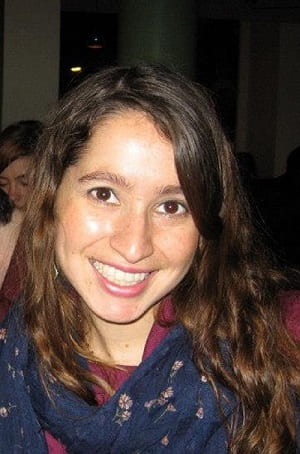
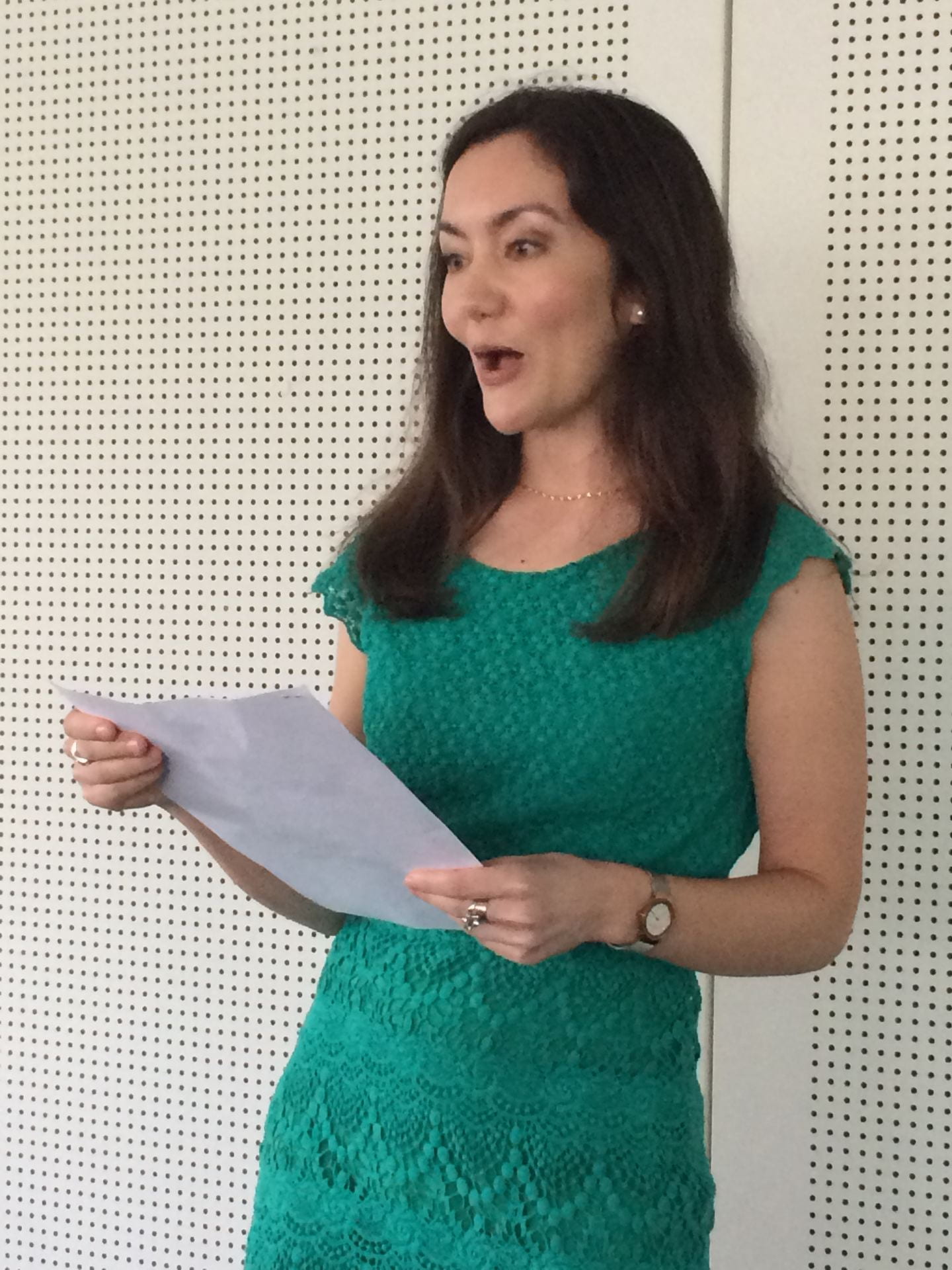
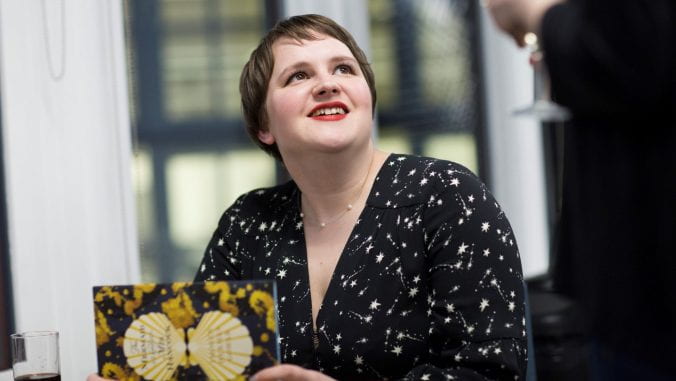

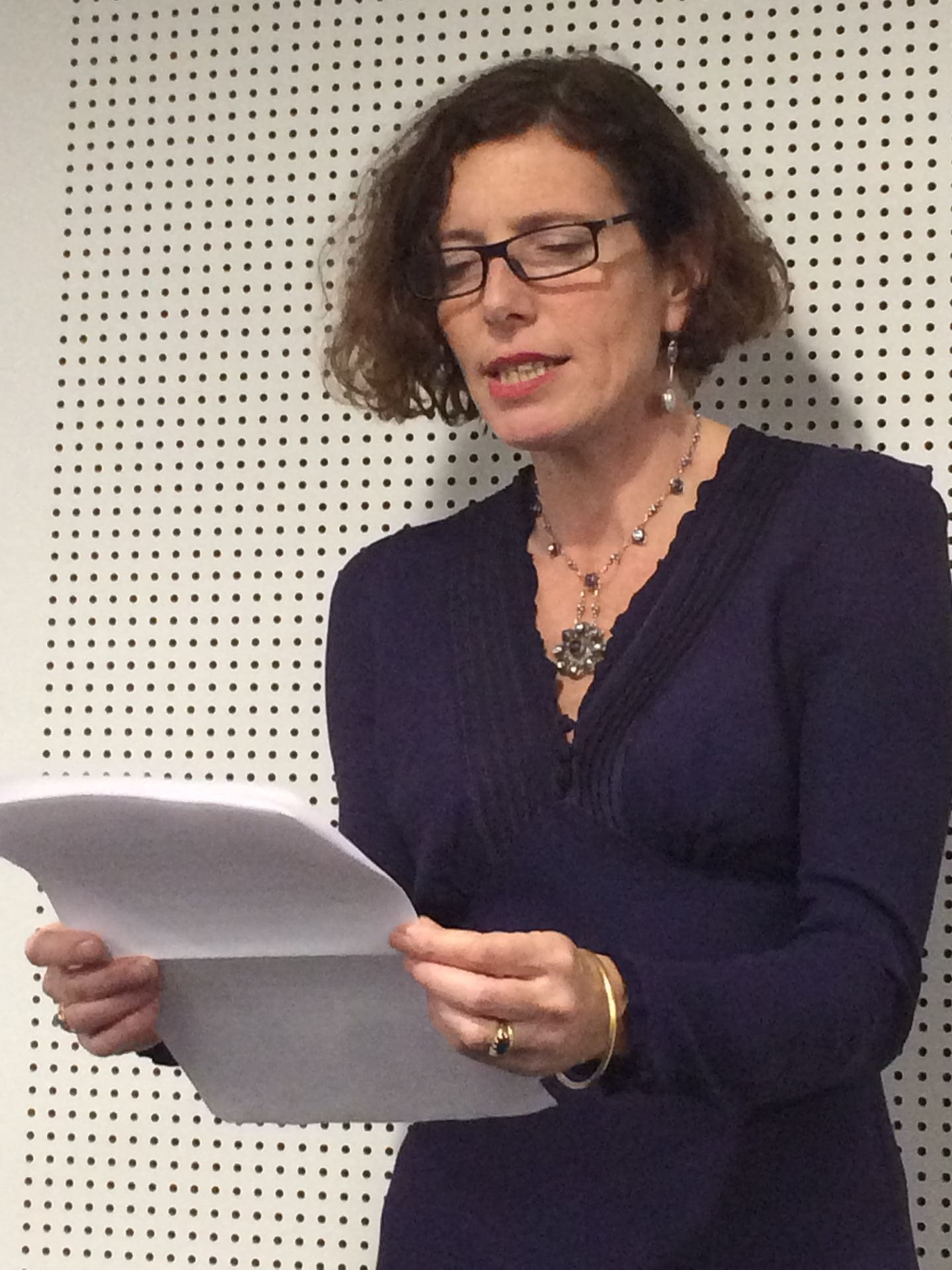

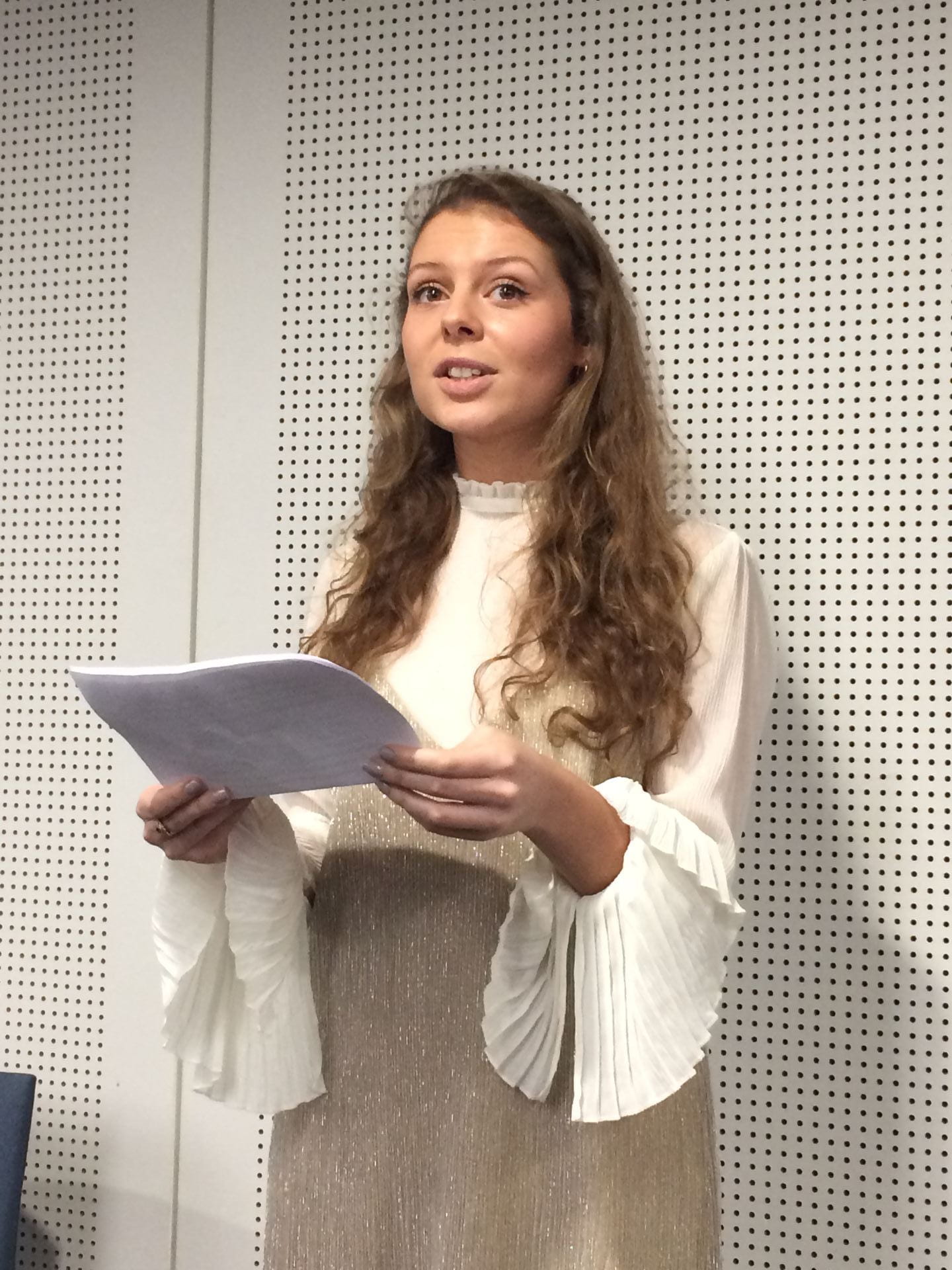




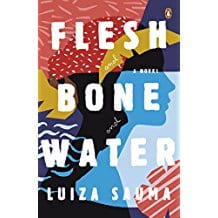



Recent Comments